Featured Illustration: Brian Stauffer
![]()
Within a few days of Nelson Mandela’s birthday this year (18 July), Andrew Mlangeni, the last surviving member of the Rivonia trial (the trial that led to the imprisonment of Mandela and his eight co-accused in 1963-64), died here in South Africa (21 July). Across the ocean, U.S. Representative John Lewis, the last of the Big Six of the Civil Rights Movement, who had survived a brutal beating by police during the 1965 march from Selma to Montgomery, Alabama, also died (17 July).
I was struck by the similar language in the media used to describe both of them and integrity ranked high on the list. This is my parents’ generation that we have taken leave of. The moral compass that guided South Africans through the apartheid struggle and Americans during the Civil Rights Movement is now in the hands of my generation and the next.
We are currently in our fifth month of a nation-wide lockdown in South Africa. The pandemic has exacerbated divisions of inequality and poverty that is closely associated with the racial legacy of apartheid.
I have been giving much thought to the communities we will rebuild post-COVID-19. My childhood memories of living in neighbourhoods before the apartheid-era — bulldozers rolling in to forcibly remove thousands of people to the outskirts of the city centre — are overwhelmingly of a sense of community where there was sharing, cooperation, and charity towards neighbours. We lived in communities where people looked out for each other, where people of different religions lived side by side, and came together to celebrate weddings, mourn at funerals, where children played games in the street, the barber salon was filled with people not necessarily having their hair cut, and the shopkeeper on the corner allowed you to buy on “tick”.
Apartheid policies ripped apart communities and created barren townships where crime was rife and gangsters formed their own communities amid the hastily and poorly constructed council houses. People were forced to forge new identities; too often destructive communities formed around drugs and violence. A post-apartheid society saw a surge in crime as people responded to the socio-economic inequality. As we have built higher walls and armed ourselves with burglar bars in the suburbs, we have isolated ourselves from our neighbours. There is little time to greet your neighbour or be part of a community.
In South Africa we have a saying, umuntu ngumuntu ngabantu, which roughly translated from the Nguni languages (e.g. Zulu and Xhosa) widely spoken in southern Africa, meaning “a person is a person through other persons”. This quality of being human, ubuntu, is a communal way of living in cooperation with each other, sharing and looking after each other, of living in such a way that everyone benefits. This philosophy of humanism places the emphasis on the essential goodness of human beings and of our connection to each other. By behaving well towards each other, we may grow and progress as a society through the growth and progress of others; without the spirit of ubuntu, we cannot change our society for the better. It’s this essence that helps us to survive attempts by those who wish to dehumanise us, to make us into the “other”.
South Africans have always been able to tap into this ubuntu and throughout apartheid, neighbourhoods survived by looking out for each other, and came together to fight oppression and injustice. Religious and youth groups, students and workers, organised themselves around issues such as housing, sanitation, healthcare, and education, working towards improving the health not only of their neighborhoods but of the country. In 1983, about 400 of these church, civic, workers, students, and other organisations joined together to form a non-racial coalition, the United Democratic Front, that was instrumental in ending apartheid.
Although many of those organisations ceased to exist after the first democratic elections in 1994, civic engagement has continued to play a role in communities across the country, either in formal non-governmental organisations or in more informal ways such as soup kitchens run from people’s homes. The current crisis has highlighted poverty, unemployment, homelessness, and hunger, but there has also been an increase in the number of organisations rallying to assist those suffering. It is this commitment to work voluntarily to improve the lives of others that gives me hope that we have the ability to reconstruct communities in a post-COVID society that may even overcome the enforced separation of apartheid and segregation.
Although this pandemic has destroyed our sense of community on some level through enforced social distancing, it has given us a chance to stop the world in a sense, to pay attention. It also provides us with the opportunity to recalibrate and to build communities with an increased sense of connectedness that our parents and grandparents can be proud of.


Leave a Reply